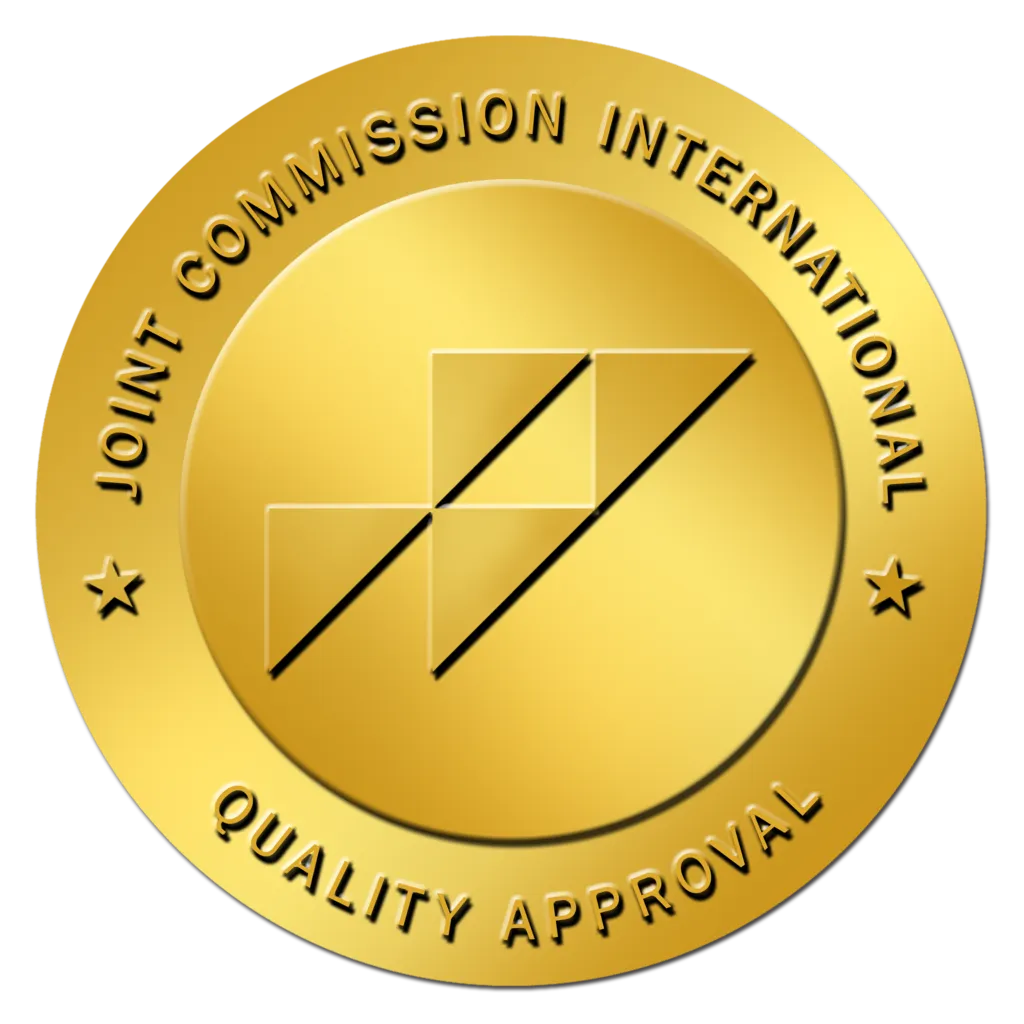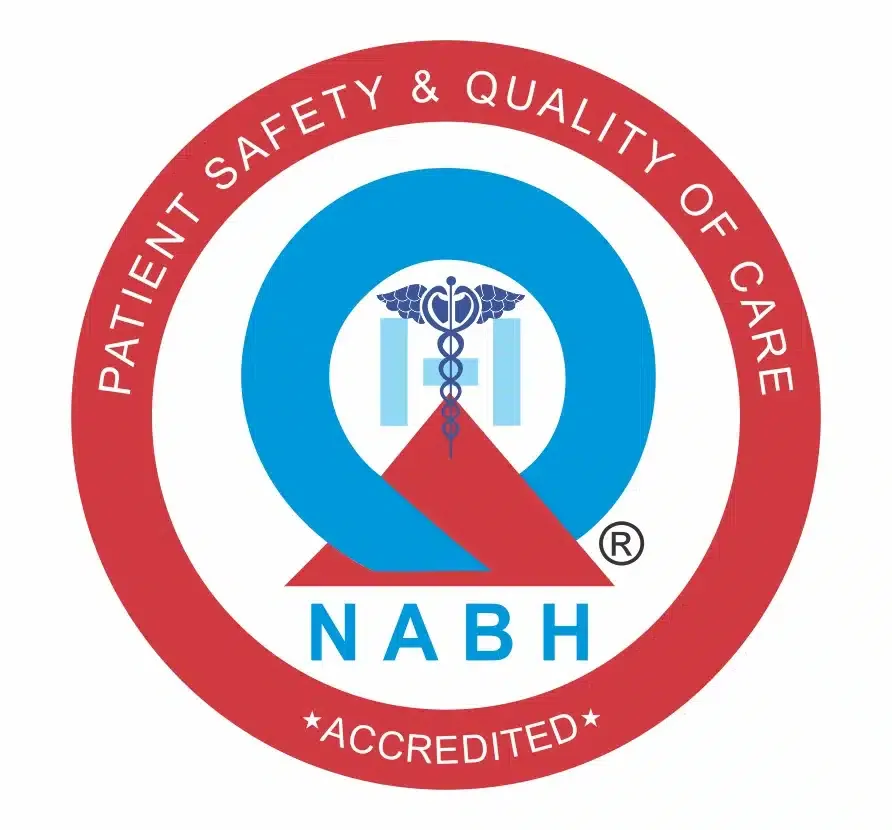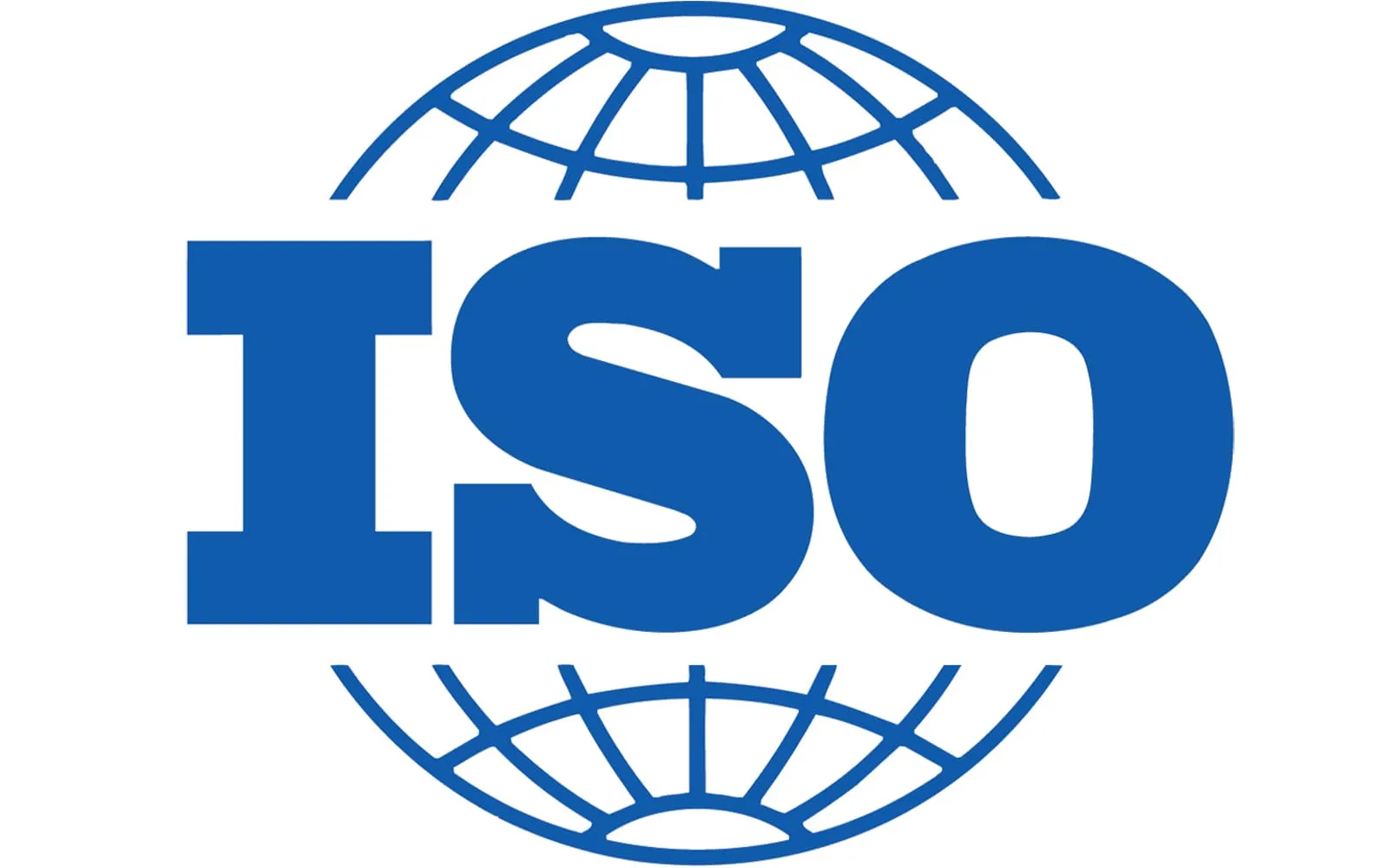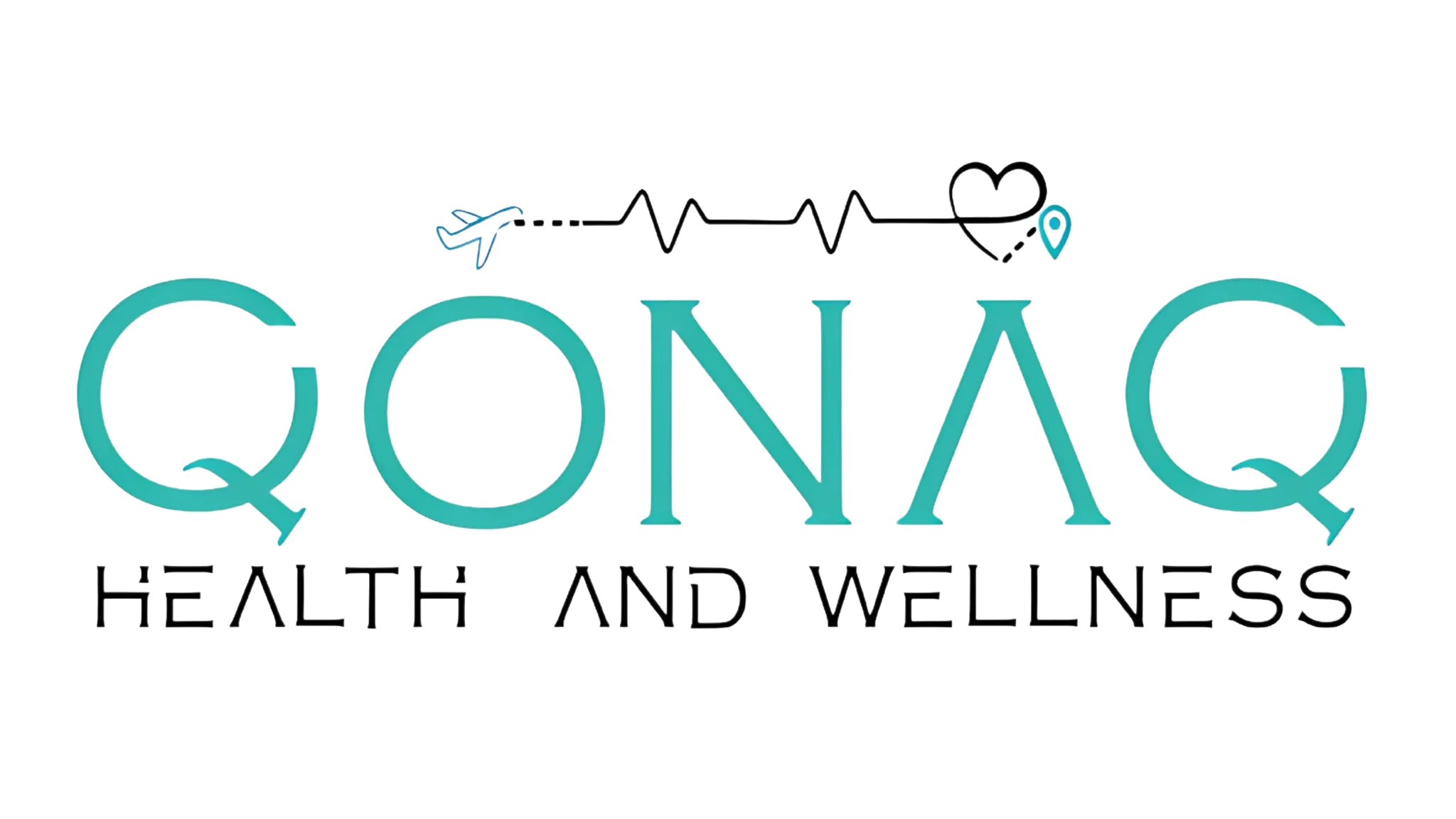
Atrial Septal Defect - ASD Closure Cost in India
About Atrial Septal Defect - ASD Closure
What is ASD Closure Surgery?
ASD closure surgery is a procedure used to repair an atrial septal defect, a hole in the wall between the heart's two upper chambers (the atria). The hole allows oxygen-rich blood from the left atrium to blend with oxygen-poor blood in the right atrium. This mixing leads to increased blood flow to the lungs. Over time, it can strain the heart and lungs, causing complications if left untreated.
The surgery aims to close this hole and restore normal blood flow through the heart. There are two primary methods used for closure: one involves placing a special device through a thin tube (catheter) inserted into a vein, and the other uses traditional open-heart surgery to stitch or patch the hole directly. The choice of closure surgery depends on the size and position of the defect, the patient's age, and their overall health.
Who Needs ASD Closure?
ASD closure is recommended for people who have a moderate to large opening between their heart's upper chambers. In children, this condition is usually detected early during routine checkups or after symptoms like poor weight gain or frequent lung infections. If the hole is small and causes no strain on the heart, treatment might not be needed. However, larger defects require closure to prevent complications.
In adults, ASDs may remain undiagnosed for years. Symptoms like fatigue, shortness of breath, irregular heartbeat, or swelling in the legs can be warning signs. When tests show the right side of the heart is enlarged or blood pressure in the lungs is rising, doctors may suggest closure. Closure is also advised before pregnancy in women with significant defects, to reduce health risks for both mother and baby.
What are the Different Types of ASD Closure Procedures?
There are two primary methods used to close an atrial septal defect. The choice depends on the defect's size, shape, and the patient's overall health.
- Device-Based (Transcatheter) Closure - This minimally invasive method uses a thin tube called a catheter. It is inserted through a vein in the leg and guided to the heart. A special closure device is passed through the catheter and placed across the hole in the septum. Once positioned correctly, the device expands and seals the opening. Over time, heart tissue grows over it, making it part of the septum. This option is typically used when the defect is centrally located and has enough surrounding tissue to hold the device securely.
- Open-Heart Surgical Closure - This method is used when the hole is too large or irregular for device closure. It involves making an incision in the chest and stopping the heart temporarily using a heart-lung machine. The surgeon then closes the hole with stitches or a patch made from the patient's own tissue or a synthetic material. This approach allows direct access to the defect and is effective even in complex cases.
Send Query
About Atrial Septal Defect - ASD Closure in India
What is the Cost of ASD Closure Surgery in India?
The cost of ASD closure surgery in India varies depending on the technique used and the hospital's location. On average, device-based closure costs between ₹3,30,000 and ₹5,00,000 ($4,000 to $6,000). This method is less invasive and usually involves a shorter hospital stay.
For patients who need open-heart surgical closure, the cost typically ranges from ₹4,50,000 to ₹6,20,000 ($5,400 to $7,500). This procedure includes extended operating time, intensive care, and longer post-operative monitoring.
Prices can differ based on the experience of the surgeon, the type of closure device or patch used, and any additional treatments required during recovery. Despite these variations, Indian hospitals offer significantly lower costs than those in most other countries, without sacrificing quality or safety.
Inclusions and Exclusions in the Surgery Package
When you choose ASD closure surgery in India, the cost usually covers all key components needed for a successful treatment. However, certain items may not be part of the standard package. It's essential to understand both.
Inclusions
The Package Often Includes:
- Doctor consultation and pre-surgery evaluations
- Imaging tests like echocardiography or cardiac MRI
- Surgeon and anesthetist charges
- ICU and ward stay for the advised number of days
- Procedure cost (device or surgical closure)
- Operation theatre charges
- Medications given during hospitalization
- Nursing care and hospital meals
- One post-discharge follow-up session
Exclusions
These Items are Usually Not Covered:
- Extra hospital stay beyond the package limit
- Treatment of unrelated medical problems
- Cost of any rare complications requiring additional intervention
- Stay outside the hospital after discharge
- International travel expenses, visa fees, or local transport
- Food and accommodation for family members
- Long-term medications or follow-up tests after going home
- Patients are advised to review the package details beforehand to avoid unexpected expenses.
Breakdown of ASD Closure Surgery Cost in India
The total cost of ASD closure surgery in India is the sum of various individual medical components. Each step, from diagnosis to post-operative care, adds to the final expense. The choice between device closure and surgical closure also changes the distribution of costs.
For device-based procedures, the closure device is one of the highest-cost items. In open surgery, the charges for the operation theatre, intensive care, and longer hospital stay play a larger role. Below is a detailed breakdown.
- The initial consultation and diagnostic tests for ASD closure surgery in India typically cost between $200 and $400. These include specialist evaluations, echocardiograms, and imaging scans that help determine the type and extent of the atrial septal defect.
- If the patient undergoes a transcatheter ASD device closure, the closure device cost in India usually falls within $1,500 to $2,000, depending on the brand and size of the device selected.
- The procedure fee for ASD closure surgery in India, whether device-based or surgical, generally ranges from $2,000 to $3,500. It includes operation theatre charges, anesthesia, and the surgeon's fee.
For post-operative care, the ICU and general ward stay costs in India are typically between $800 and $1,200, covering intensive monitoring, room charges, and nursing services. - The cost of medications and surgical consumables during ASD closure surgery in India adds another $300 to $600, which includes antibiotics, pain relief, and procedural supplies.
- Lastly, the follow-up consultation cost after ASD closure in India generally ranges from $200 to $300, which includes clinical assessment, echocardiography, and medication adjustments during recovery.
Cost Comparison with Other Countries
ASD closure surgery in India is far more economical compared to many other countries offering similar levels of medical care. International patients often choose India not just for affordability but also for the presence of highly trained cardiac surgeons and internationally accredited hospitals.
- In the United States, ASD closure can cost anywhere between $25,000 and $45,000, depending on the type of procedure, hospital system, and whether insurance is involved. This figure often excludes the cost of follow-up care, extended hospital stays, and post-operative support.
- In the United Kingdom, private cardiac surgery for ASD closure typically ranges from $20,000 to $35,000. While the NHS may cover treatment for residents, international patients must pay the full private rate, which is significantly higher than the prices in India.
- In the UAE and other Middle Eastern countries, the price for ASD closure often falls between $18,000 and $30,000. Although healthcare infrastructure is advanced, treatment costs are higher due to regional pricing and service charges.
- In Thailand, the average cost ranges from $8,000 to $15,000, depending on the hospital and procedure type. While cheaper than the West, it remains more expensive than India for the same procedure.
In contrast, the cost of ASD closure surgery in India ranges from $4,000 to $7,500, inclusive of surgeon fees, hospital stay, diagnostic tests, anesthesia, and medications. Indian hospitals offer advanced facilities, bilingual staff, and comprehensive packages tailored for international patients, making India one of the most cost-effective destinations for heart surgery.
What are the Factors Affecting the Cost of ASD Closure in India?
The total cost of ASD closure varies across patients due to several clinical and logistical factors. Understanding these helps in planning your budget accurately.
- Type of Procedure: Device-based closure is generally more affordable than open-heart surgery. However, device costs vary depending on size and make, while surgical closure involves higher ICU and operation theatre charges.
- Patient's Age and Condition: Children often require pediatric anesthesia and longer post-op monitoring. Adults with delayed diagnosis may need added interventions like blood thinners or rhythm control medications, increasing total expenses.
- Hospital Category and Location: Premium private hospitals in metro cities may charge more than multi-specialty centers in tier-2 cities. NABH or JCI-accredited hospitals with international wings usually offer a higher level of service with slightly elevated costs.
- Surgeon's Experience: Highly specialized pediatric or cardiac surgeons with decades of experience may have higher consultation and surgical fees. However, their expertise often leads to fewer complications and faster recovery.
- Additional Tests or Treatments: Some patients may need further imaging, such as cardiac MRI, Holter monitoring, or pulmonary assessments, before surgery. If any infections or comorbidities like diabetes or hypertension are present, the cost may rise.
- Duration of Hospital Stay: Patients who recover quickly leave earlier, lowering the stay charges. If there are complications or delays in recovery, the additional days increase the overall package cost.
Why Choose India for ASD Closure Surgery?
India is one of the most trusted destinations for heart defect correction procedures like ASD closure. Several reasons make it an ideal choice for patients from across the globe:
- Advanced Cardiac Infrastructure: India's leading hospitals are equipped with state-of-the-art cardiac catheterization labs, 3D echocardiography systems, and hybrid operation theatres. It ensures both device-based and surgical closure can be performed with maximum precision.
- Globally Trained Surgeons: Cardiologists and cardiothoracic surgeons in India often have training and fellowships from institutions in the U.S., U.K., or Germany. Their experience with high volumes of congenital heart procedures adds to their clinical expertise.
- Affordable All-Inclusive Packages: Unlike many Western countries where bills escalate with each service, Indian hospitals offer transparent, bundled pricing. These fixed-price packages include surgery, diagnostics, stay, consultation, and medicines, reducing unexpected expenses.
- No Waiting Period: In India, patients can undergo ASD closure within days of arrival. There's no delay caused by long hospital queues or insurance approvals, allowing treatment at the right time.
- Medical Tourism Ecosystem: India provides a well-developed support system for international patients, including visa help, airport pickup, translators, and recovery stay options. Combined with warm hospitality, this ensures a smooth treatment journey.
What Services are Available for International Patients Seeking ASD Closure in India?
India is a preferred MVT destination for international patients needing ASD closure due to its specialized support system and cost-effective treatment packages. To make the process smooth, Indian hospitals and medical tourism partners offer a full range of services designed to guide patients from the first consultation to complete recovery.
Pre-Arrival Services
Before Traveling, Patients Receive:
- Free online consultation with a cardiac specialist to assess reports and suggest the correct procedure.
- Detailed treatment plan with cost estimate, procedure options, and hospital stay duration.
- Assistance with medical visa invitation letters to speed up embassy approval.
Airport to Hospital Support
On Arrival in India:
- Airport pickup in private medical transport is arranged for the patient and companion.
- A 24/7 translator or multilingual coordinator is provided for Arabic, Russian, French, and other languages.
- Local SIM card, currency exchange, and travel assistance are available on request.
During Hospital Stay
While Admitted, International Patients Benefit From:
- Dedicated international patient care manager who coordinates all appointments, admissions, and medical reports.
- Custom diet and nursing care, tailored to the patient's health and cultural preferences.
- Accommodation for family members in hospital guest houses or nearby hotels at special rates.
Post-Treatment Care
After Surgery:
- One or two in-person follow-up consultations before departure.
- Written instructions for post-op care, medicines, and activity restrictions.
- Ongoing online follow-up support via email, video calls, or phone with the treating team.
- Help with travel arrangements for the return journey, including fitness-to-fly certificates if required.
These services are designed to ensure that international patients undergoing ASD closure in India receive safe, timely, and stress-free care from start to finish.
What is the Success Rate of ASD Closure Surgery in India?
India maintains an excellent reputation for heart surgeries, especially for congenital disabilities like ASD. The overall success rate for ASD closure in India ranges from 95% to 98%, depending on the complexity of the defect and the procedure type. These results are consistent across both pediatric and adult patients.
Success rates are particularly high in top-tier hospitals equipped with advanced cardiac catheterization labs and skilled pediatric cardiologists. Outcomes are even better when ASD is diagnosed early and closed before any long-term heart damage occurs. Device closure procedures have a slightly higher safety margin due to their minimally invasive nature and lower risk of infection or surgical complications.
Patients treated in India often experience smooth post-operative recovery with low rates of complications such as arrhythmias, blood clots, or residual leaks. Long-term follow-up also shows positive results, with most patients resuming a normal lifestyle.
Recovery Timeline After ASD Closure in India
Recovery after ASD closure depends on the method used—device-based or open-heart surgery. While minimally invasive procedures allow quicker healing, surgical approaches need more rest and monitoring. With proper care, most patients regain full health within a few weeks.
Recovery After Device Closure
Patients who undergo transcatheter ASD device closure typically recover very quickly. Since there's no chest incision or cardiopulmonary bypass used, the body heals faster.
- Hospital Stay: 1 to 2 days
- Return to Normal Activity: Within 1 week
- Full Recovery: 2 to 3 weeks
ASD patients are advised to avoid strenuous activity for about a month, but can resume school, work, or travel within a few days after discharge. No stitches are involved, and cosmetic results are excellent with no visible scars.
Recovery After Open-Heart Surgical Closure
Recovery after open-heart ASD surgery takes more time due to the nature of the operation. The procedure requires opening the chest and temporarily stopping the heart.
- Hospital Stay: 5 to 7 days
- Initial Recovery at Home: 2 to 3 weeks
- Full Physical Recovery: 4 to 6 weeks
ASD patients may experience some discomfort at the incision site, which is managed with medication. Light walking is encouraged early in recovery, but heavy lifting and high-impact activities are restricted for at least a month. Cardiac rehabilitation may be advised to speed up recovery.
Atrial Septal Defect - ASD Closure Cost Comparison by Country
Compare Atrial Septal Defect - ASD Closure costs across different countries to make an informed decision about your medical treatment.
| Country | Cost Range (USD) | Potential Savings | Action |
|---|---|---|---|
INIndiaCurrentBest Value | $4,000 - $6,000 | — | Get Quote |
Note: Costs may vary based on hospital choice, room type, additional services, and individual medical requirements. Contact us for a personalized quote.
Leading Hospitals for Atrial Septal Defect - ASD Closure in India

SP Medifort Hospital
SP Medifort, Thiruvananthapuram, is a JCI-accredited, 475-bed multi-super-specialty hospital spread across 500,000 sq. ft. The hospital houses 10 modu...
Accreditations


Facilities

CARE Hospitals, Banjara Hills, Hyderabad
CARE Hospitals, Banjara Hills, Hyderabad, is a 435-bed NABH and NABL-accredited multispecialty hospital with 120 critical care beds. Established in 20...
Accreditations

Facilities

AIG Hospitals, Gachibowli, Hyderabad
AIG Hospitals, Gachibowli, Hyderabad, is a 1,000-bed, JCI- and NABH-accredited super-specialty hospital spanning 1.7 million sq. ft. It is the flagshi...
Accreditations


Facilities

Gleneagles Global Health City, Chennai
Gleneagles Global Health City, Chennai, is a 200-bed quaternary-care hospital and part of the IHH Healthcare network, one of the world’s largest priva...
Accreditations

Facilities

MGM Healthcare, Chennai
MGM Healthcare, Chennai, is a 400-bed quaternary-care super-specialty hospital accredited by JCI, NABH, and NABL. The hospital features 100 ICU beds,...
Accreditations


Facilities

MIOT International, Chennai
MIOT International, Chennai, is a 1,000-bed NABH- and NABL-accredited multispecialty hospital serving patients from more than 130 countries. Establish...
Accreditations

Facilities

Apollo Hospitals, Greams Road, Chennai
Apollo Hospitals, Greams Road, Chennai, is the flagship hospital of the Apollo Group. Established in 1983, it has 560 beds, 46 ICUs, and 15 operating...
Accreditations



Facilities

HCG Cancer Centre, Mumbai
HCG Cancer Centre, Borivali, Mumbai, is an NABH- and AACI-accredited comprehensive cancer hospital established in 2019. The 119-bedded facility includ...
Accreditations


Facilities

Apollo Hospitals, Navi Mumbai
Apollo Hospitals, Navi Mumbai, established in 2016, is a 500-bed JCI- and NABH-accredited quaternary care hospital offering advanced treatment across...
Accreditations


Facilities

Marengo Asia Hospitals, Faridabad
Marengo Asia Hospital, formerly QRG Health City, is a 325-bed NABH and NABL-accredited multispecialty hospital in Faridabad. It offers advanced care i...
Accreditations

Facilities
FAQ
Browse by Department
Explore procedures in different departments
Related Procedures
Other procedures in this department
Get a Free Treatment Plan
Our website uses cookies. By clicking on accept you give your consent to the use of cookies as per our Privacy Policy.
